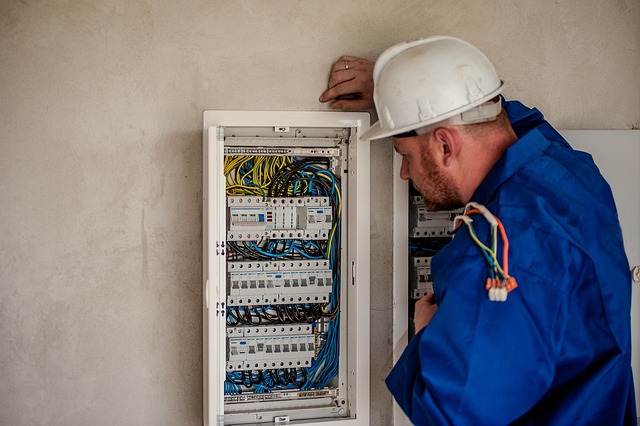
Why NFPA Certification is Essential for Electrical Workers: Benefits and Advantages
Working as an electrician can be extremely dangerous if you don’t take proper precautions. Getting certified in electrical safety standards is crucial for both personal and professional success. NFPA certification gives electrical workers critical knowledge on protecting themselves and complying with occupational safety regulations.
Let’s talk about why earning this credential delivers unmatched benefits and advantages.
Table of Content
Reducing The Risk of Injuries and Fatalities
Most electrical mishaps are preventable through proper training and safety protocols. The NFPA 70E certification in particular equips workers with exactly that.
Once they master electrical safety best practices like de-energizing equipment, and wearing appropriate PPE gear, certified workers dramatically reduce their chances of workplace accidents.
The NFPA’s up-to-date standards also account for emerging risks so electricians can stay current. When electrical workers hold an NFPA 70E certification, entire crews benefit from much safer work environments.
Meeting Legal and Insurance Requirements
Beyond boosting safety, earning an NFPA 70E credential meets official compliance regulations. Both OSHA laws and workers’ compensation programs mandate electrical safety training as a fundamental job requirement in most states. Failing to comply can lead to hefty company fines or gaps in insurance coverage following accidents.
With an authenticated NFPA 70E certificate on file, electrical workers instantly fulfill these legal and insurance stipulations. Individual workers with 70E credentials also stand out to employers focused on safety and risk reduction.
Gaining Specialized Technical Knowledge
The NFPA 70E certification also furnishes pros with electrical safety knowledge simply not found in traditional electrician training programs. Testing components like calculating incident energy levels, selecting proper PPE attire, and using specialized insulated tools comprise just a few topics covered.
Certified workers gain familiarity with vital Occupational Safety & Health Administration (OSHA) laws plus the National Electrical Code fundamentals relevant to accident avoidance. Whether managing live electrical gear to service outages or mitigating arc flash hazards, NFPA-certified electricians have an expansive skill set making worksites unconditionally safer.
Boosting Professional Reputation
There’s no question that an NFPA 70E certification on your resume immediately grabs employers’ attention. Much like how advanced medical credentials distinguish physician talent, this elite safety certification signifies an electrical worker’s exceptional qualifications.
Statistics actually show over 80% of surveyed executives view NFPA certification as either “very influential” or “extremely influential” in hiring and promotion decisions. Underscoring your committed focus to safety gives new and seasoned electricians alike an instant credibility boost.
Long-Term Versatility
While excelling as an electrical worker remains the top motivation for getting NFPA 70E certified, this credential also offers amazing lifelong versatility. The safety principles, technical knowledge, and testing skills gained from certification training furnish professionals with an adaptable foundation for trying new career paths later on.
For those seeking managerial roles down the road, safety-focused credentials like the NFPA 70E certification help pave the way. Some electricians also transition into occupational safety positions, construction consulting, or teaching electrical theory courses to the next generation.
In Summary – Why NFPA 70E Certification Is Essential
Maintaining the highest safety standards constitutes a prime responsibility for all electrical industry workers. There’s simply no better way to protect yourself on the job and properly safeguard those around you than earning an NFPA 70E credential.
Beyond meeting official compliance rules, certified pros gain career-advancing knowledge plus life-saving technical expertise to prevent electrical job site accidents. Workers owe it to themselves and their colleagues to get certified in order to foster reliably secure worksites day in and day out.


